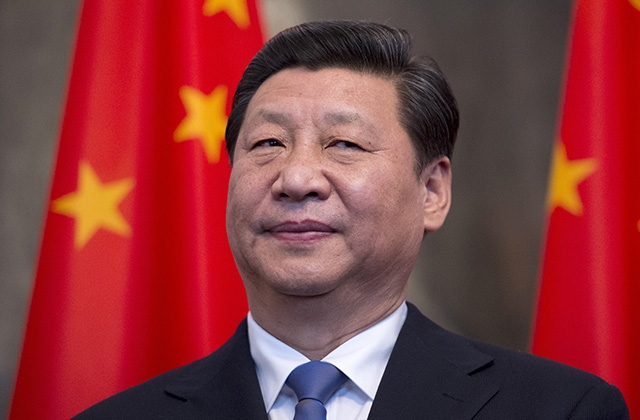Chinese President Xi Jinping unveiled a series of initiatives to bolster the “Global South” during the G20 summit in Rio de Janeiro, as reported by China’s CCTV. In his opening address, Xi outlined eight measures aimed at fostering global development, including advancing the “high-quality” Belt and Road Initiative, which channels significant Chinese investment into infrastructure projects across developing nations.
Xi further announced the launch of an “Open Science International Cooperation Initiative” in collaboration with Brazil, South Africa, and the African Union to drive technological and scientific advancements for the Global South. “China advocates practical cooperation within the G20 to benefit the Global South,” Xi remarked, as quoted by Xinhua, highlighting that China’s imports from developing countries are projected to exceed $8 trillion by 2030.
Emphasizing China’s role, Xi declared, “We are a steadfast partner of developing nations, committed to supporting global progress and working collectively toward modernization.”
His focus on the Global South aligns with Brazilian President Luiz Inacio Lula da Silva’s efforts to amplify developing nations’ influence in multilateral forums. The two leaders are scheduled to meet in Brasilia during Xi’s state visit to Brazil.
Brazil has championed the African Union’s inclusion as a permanent G20 member, drawing parallels with the European Union. This year, the African Union is participating fully on behalf of African nations, reflecting a growing emphasis on the Global South within the G20 framework.
While some wealthier nations are uneasy about the Global South’s rising prominence, China’s extensive economic and political ties, particularly in Africa, position it advantageously.
The G20, created in response to the 2007-08 financial crisis, incorporates emerging economies alongside the traditional Group of Seven and now accounts for 85% of global GDP, over 75% of global trade, and nearly two-thirds of the global population. The term “Global South,” predominantly referring to developing nations in the southern hemisphere, replaced the “Third World” designation post-Cold War.










